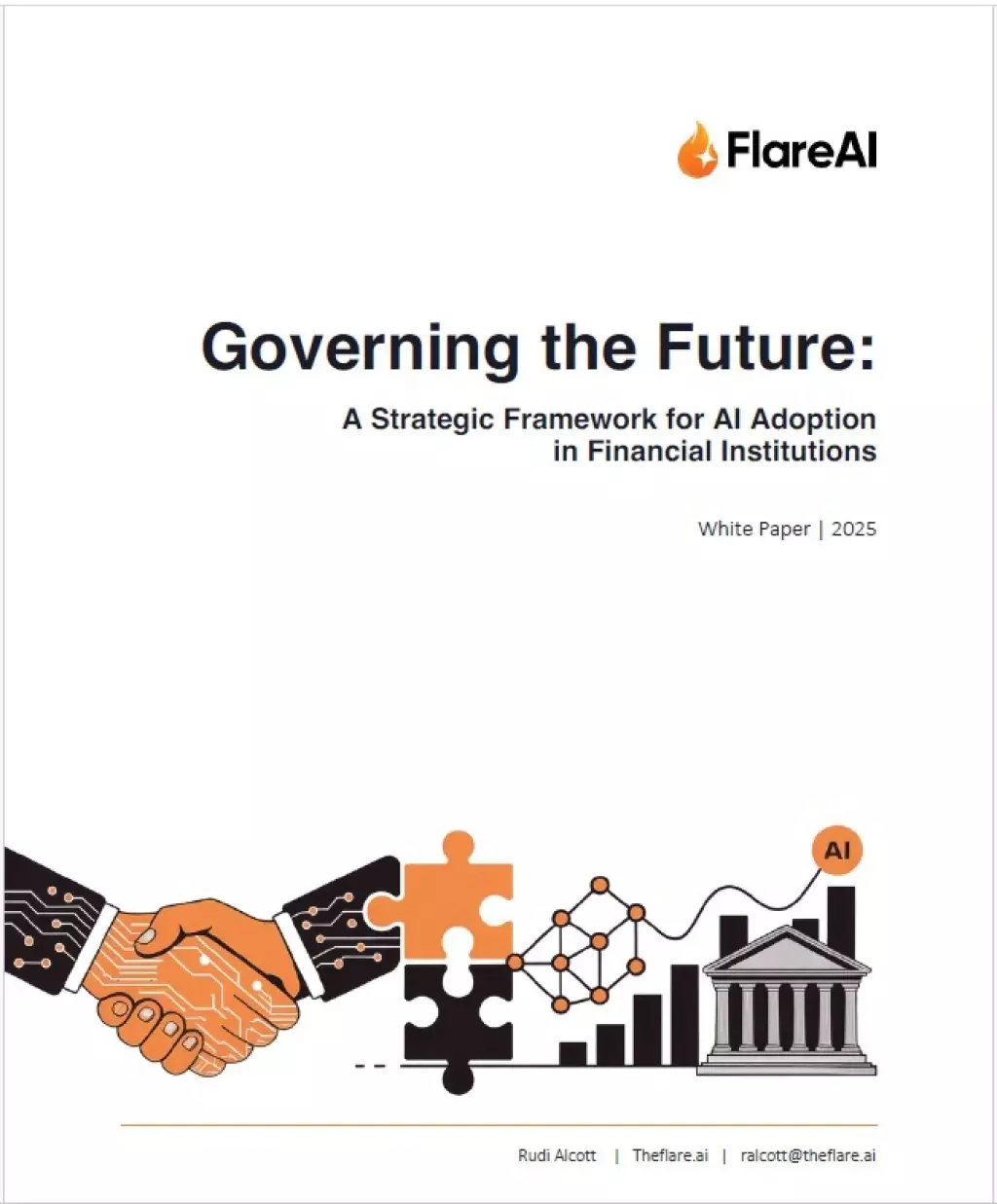London Blockchain Conference Opens with Focus on Real-World Blockchain and AI Applications
Day 1 of the London Blockchain Conference opened on October 22, 2025, at Evolution London, bringing together global leaders in blockchain, AI, and Web3 to discuss practical industry applications, according to a press release.
The event began with a keynote from Sebastian Thrun, CEO of Kitty Hawk and founder of Udacity, who reflected on the progress of AI and autonomous systems. A session titled *Auditable AI: Building Trust You Can Prove* examined how blockchain can enhance transparency and accountability in AI, featuring speakers from FICO, Anthropic, and Brunel University.
Panels throughout the day addressed the European Union’s MiCA regulation, its impact on digital asset compliance, and the role of blockchain in modernizing financial infrastructure. Speakers from Standard Chartered Luxembourg, the European Banking Authority, and Tezos discussed how new frameworks are shaping stablecoin management and liquidity requirements.
Additional sessions explored blockchain’s potential in public services, digital identity, and carbon verification. FCA’s Jane Moore spoke on the UK’s evolving crypto policy, emphasizing collaboration between regulators and innovators. The conference continues with topics including stablecoin frameworks, CBDCs, and real-world asset tokenization.
We hope you enjoyed this article.
Consider subscribing to one of our newsletters like AI Policy Brief or Daily AI Brief.
Also, consider following us on social media:
More from: Regulation
Subscribe to AI Policy Brief
Weekly report on AI regulations, safety standards, government policies, and compliance requirements worldwide.
Whitepaper
Governing the Future: A Strategic Framework for AI Adoption in Financial Institutions
This whitepaper explores the transformative impact of artificial intelligence on the financial industry, focusing on the governance challenges and regulatory demands faced by banks. It provides a strategic framework for AI adoption, emphasizing the importance of a unified AI approach to streamline compliance and reduce operational costs. The document offers actionable insights and expert recommendations for banks with fewer than 2,000 employees to become leaders in compliant, customer-centric AI.
Read more
